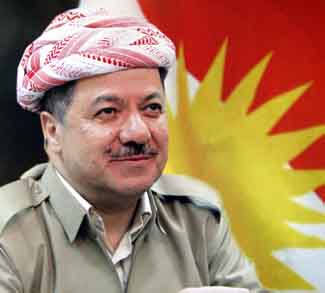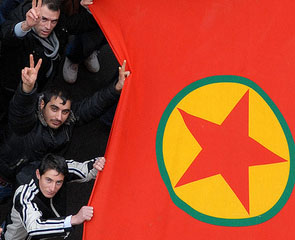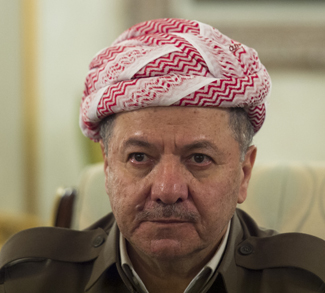Summary
The independence vote in Iraqi Kurdistan was condemned by all major Middle East powers, but Russia’s position remains unclear. Moscow has yet to condemn or recognize the results, and this indecision is caused by its own conflicting interests. Russia has considerable energy interests in norther Iraq; it also has close relationships with Iran and to a lesser degree Turkey – both firm opponents of the referendum in Iraqi Kurdistan. There’s also the fact that the Russians generally view Kurdish aspirations to be ultimately doomed by the region’s geography.
This has all combined into a ‘wait and see’ approach to ongoing drama between Irbil and Baghdad – an approach that protects economic interests without angering key allies – and one that’s also in keeping with Moscow’s historical stance on the Kurdish question.
Impact
Looking back at Russia-KRG relations. Historically, Russia has always tried to insert itself into Middle Eastern affairs via various diplomatic games. This has been done to reap benefits and, if possible, gain as much political power as possible in order to leverage it in the conflicts elsewhere, such as the present case where Moscow is seeking to use its position in the Syrian civil war to make gains at the negotiating table over eastern Ukraine.
Looking back at Russian policy toward Iraqi Kurdistan over the last 15 years, it’s somewhat difficult to trace a clear pattern of Moscow’s policies towards the autonomous region. So far, Moscow has forged partnerships with the central governments in Baghdad and the Kurds in Erbil. Beyond that, if we one goes deeper into history, Moscow also had strong historic connections to both governments. In the Soviet period, Russia’s relationship with Baghdad dated back to 1958 when Iraqi Gen. Abdul Karim Kassem overthrew the pro-West monarchy. As for Kurdistan, the Kurds remember well that the late Mustafa Barzani (father of the current president of Kurdistan Massoud Marzani) spent years in exile in the Soviet Union, and this seems to have created a certain anticipation of warming ties between Moscow and the Kurdish regional government.




